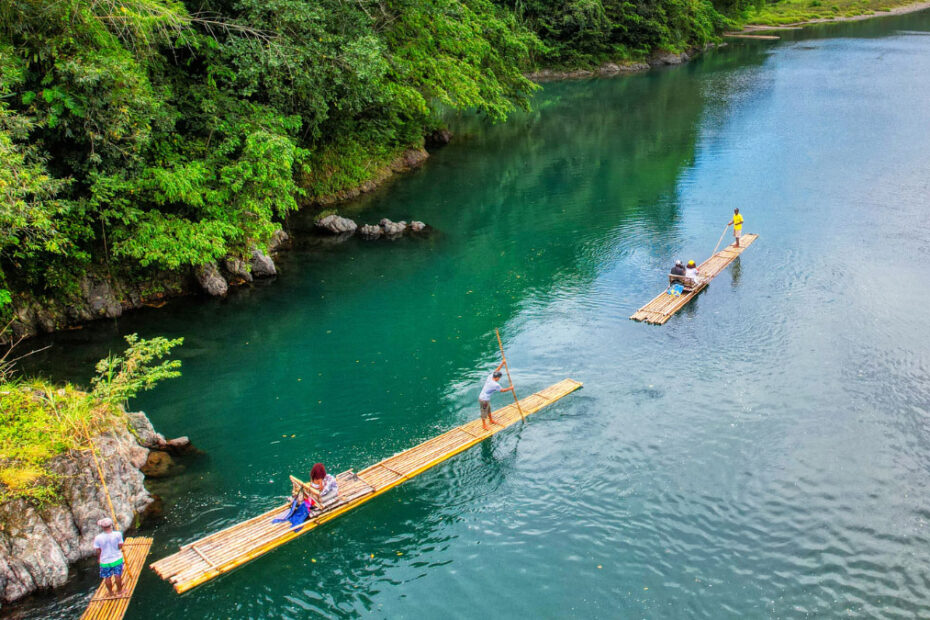Dreaming of sun-soaked beaches and reggae rhythms, you might have Jamaica on your travel list. While the island offers breathtaking scenery and vibrant culture, it’s essential to be aware of areas where your safety could be at risk. Like any travel destination, Jamaica has spots that tourists should approach with caution.
Understanding which places to avoid can help you enjoy a worry-free vacation. From certain neighborhoods in Kingston to less-traveled rural areas, knowing where not to go ensures you experience the best Jamaica has to offer without compromising your safety. Let’s jump into the specifics so you can plan your trip wisely.
Key Takeaways
- Awareness of Crime Zones: Specific areas in Kingston (Cassava Piece, Tivoli Gardens), Montego Bay (Flankers, Norwood), and Spanish Town are known for high crime rates, including gang activity and violent crime. Avoid these areas, especially at night.
- Petty Crime Precautions: Tourist hotspots are prone to petty crimes like pickpocketing and bag snatching. Keep valuables secured, use hotel safes, and stay vigilant in crowded places.
- Licensed Transportation: Opt for registered taxis or rideshare services to ensure safe travel. Avoid unmarked vehicles and always verify the driver’s credentials.
- Safety in Tourist Areas: Popular tourist destinations like Negril, Ocho Rios, and Montego Bay have safer zones, but petty theft remains a concern. Stick to well-known spots and guided tours.
- LGBTQ+ Travelers: Exercise discretion regarding sexual orientation due to conservative cultural norms. Choose LGBTQ+ friendly accommodations and avoid public displays of affection.
- General Safety Tips: Travel in groups, avoid isolated areas after dark, and inform someone of your travel plans for added security.
Petty Crime in Jamaica
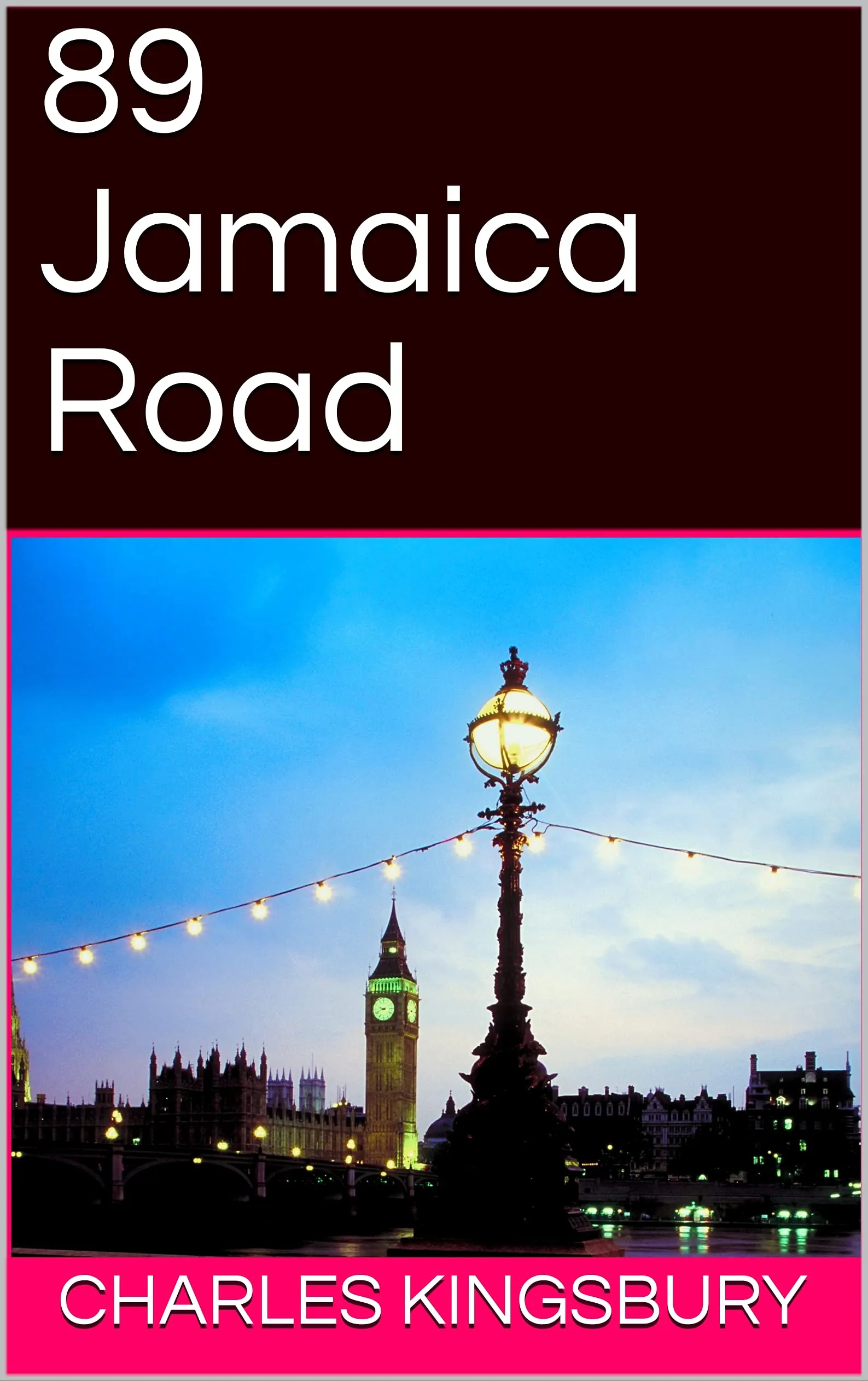
Petty crime in Jamaica often impacts tourists, particularly in crowded areas and popular attractions. Pickpocketing and bag snatching occur most frequently in busy spots such as markets, beaches, and transportation hubs. Always remain vigilant, keeping a close eye on your belongings and avoiding displaying valuable items.
Crowded events, including festivals and concerts, are hotspots for petty crime. Criminals use these gatherings to their advantage, blending into the crowd to commit thefts unnoticed. It’s advisable to keep your belongings secure and limit the amount of cash carried.
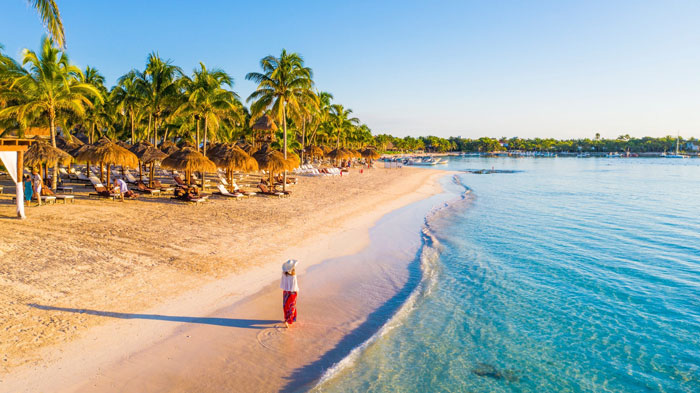
Scams are another common issue. Be cautious of strangers offering unsolicited help or deals that seem too good to be true. Taxi drivers may sometimes overcharge tourists or take longer routes to increase fares, so always agree on a fare before starting your journey or use reputable companies.
Accommodation establishments are not immune to petty crime. Secure your valuables in hotel safes, and use door locks properly. When booking, opt for accommodations with good security reviews and additional safety features like in-room safes and 24-hour front desk services.
Beach theft concerns many visitors. Leaving belongings unattended on the shore can lead to missing items. Use waterproof pouches to keep essential items with you while in the water, or designate someone to watch over them.
By staying aware and taking basic precautions, you can minimize the risk of encountering petty crime during your stay in Jamaica.
Gang Activity and Drug Violence
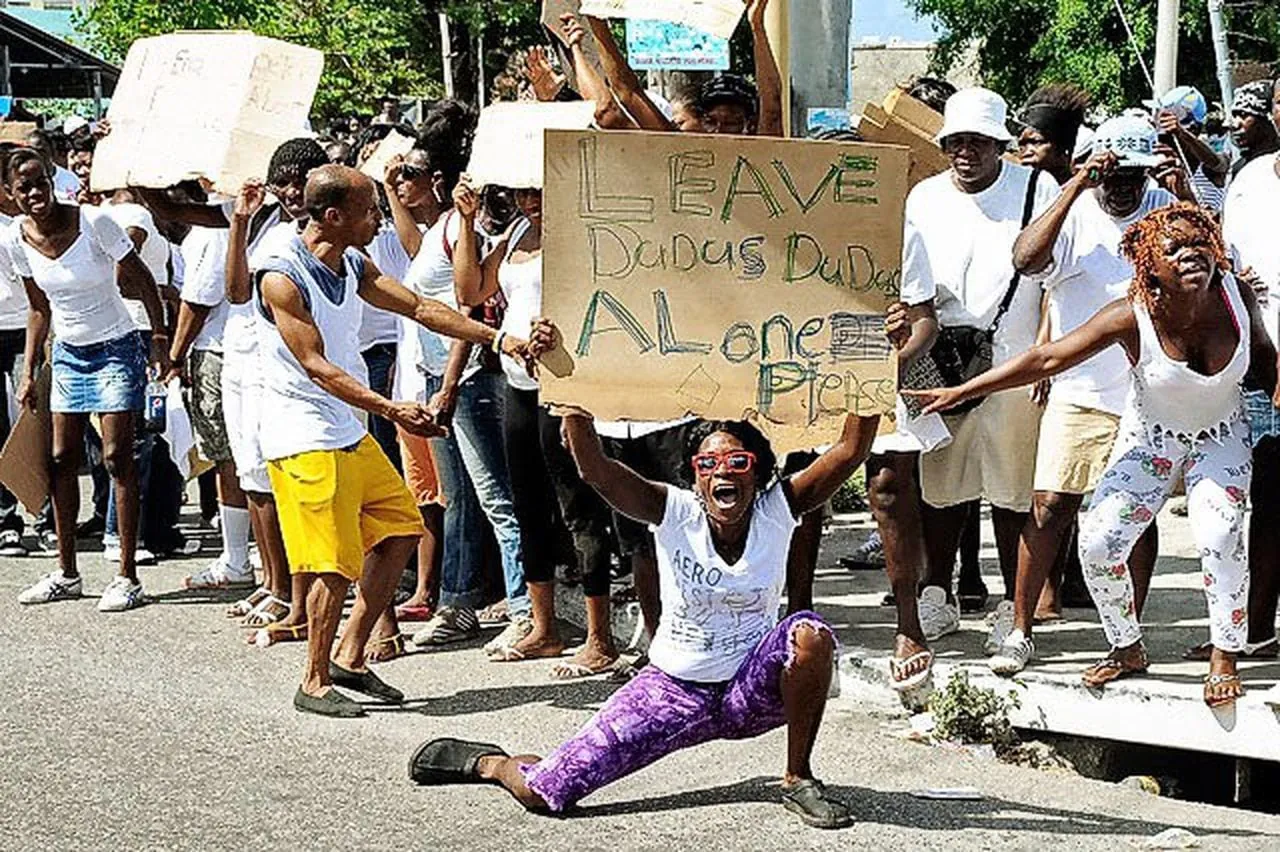
Gang activity and drug violence are significant concerns in various parts of Jamaica, especially in certain neighborhoods. Being aware of these areas helps to ensure a safer experience while visiting the island.
Kingston: Neighborhoods like Cassava Piece, Tivoli Gardens, Downtown, Trench Town, Arnett Gardens, Denham Town, and Mountain View are known for high crime rates and gang activity. While culturally significant, visiting these areas should be done with reputable guides. Avoid venturing out alone in these regions.
Montego Bay: Notable for its vibrant culture, parts of Montego Bay, including Flankers, Norwood, Clavers Street, Hart Street, Rose Heights, and Canterbury, are prone to gang rivalries and turf wars. These neighborhoods are often listed among the most dangerous in Jamaica and are generally avoided by tourists.
Negril: Generally safer, Negril still has areas like West End that are best approached with caution. Sticking to well-known spots and guided tours is advisable for a stress-free visit.
Avoiding these high-risk areas and staying vigilant reduces the risk of encountering gang activity and drug violence, making your trip to Jamaica more enjoyable. Using local knowledge, guides, and sticking to safer neighborhoods can greatly enhance your safety and experience.
Crime Hotspots to Avoid
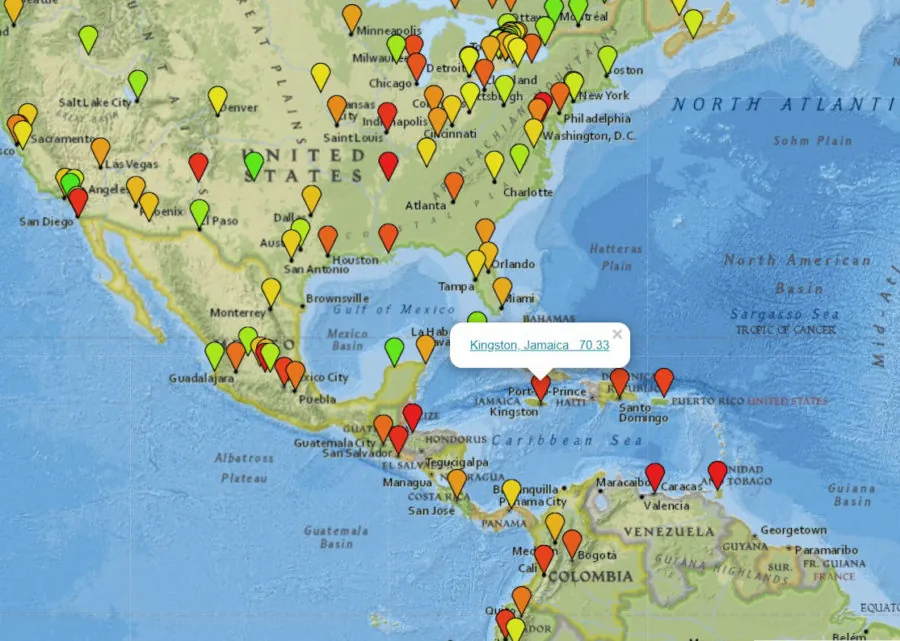
When traveling to Jamaica, awareness of certain high-risk areas ensures a safer experience. Specific locations have elevated crime rates and require caution.
Spanish Town
Located in St. Catherine’s Parish, Spanish Town is notorious for its high levels of violent crime, including gang violence and armed robberies. The U.S. embassy advises personnel to avoid this area. Large sections of the town are unsafe, particularly at night. If you find yourself nearby, always stay alert and avoid venturing into unfamiliar neighborhoods alone.
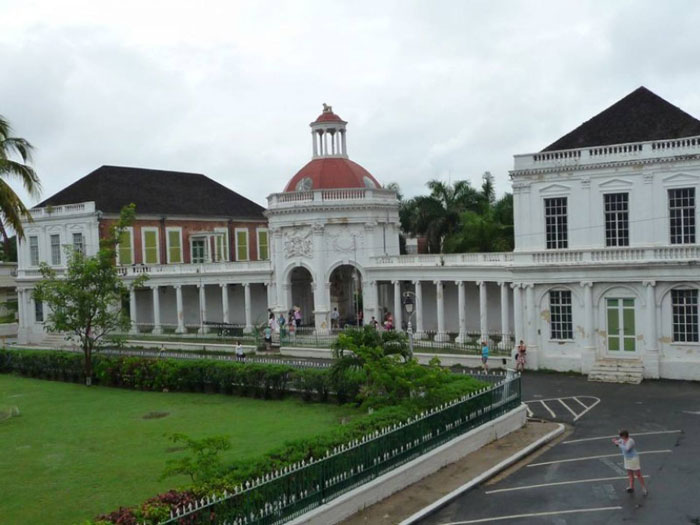
Montego Bay
Montego Bay is a renowned tourist destination, but not all areas are safe. The inland side of the A1 highway and The Queen’s Drive from San San to Harmony Beach Park have higher crime rates. The neighborhood of Flankers, near the airport, is especially dangerous due to gang rivalries and turf wars. Stick to well-populated and tourist-friendly zones, and avoid walking alone at night or displaying valuables openly.
Kingston
Kingston, Jamaica’s capital, has several neighborhoods with significant crime concerns. Cassava Piece, Tivoli Gardens, and Downtown Kingston are notable for high crime rates and gang activity. Avoid these areas, especially after dark. If you must visit, go with a reputable guide and stay in groups. Refrain from exploring on your own and always be mindful of your surroundings.
By steering clear of these hotspots, your trip to Jamaica can be both safe and enjoyable.
Safety in Tourist Areas
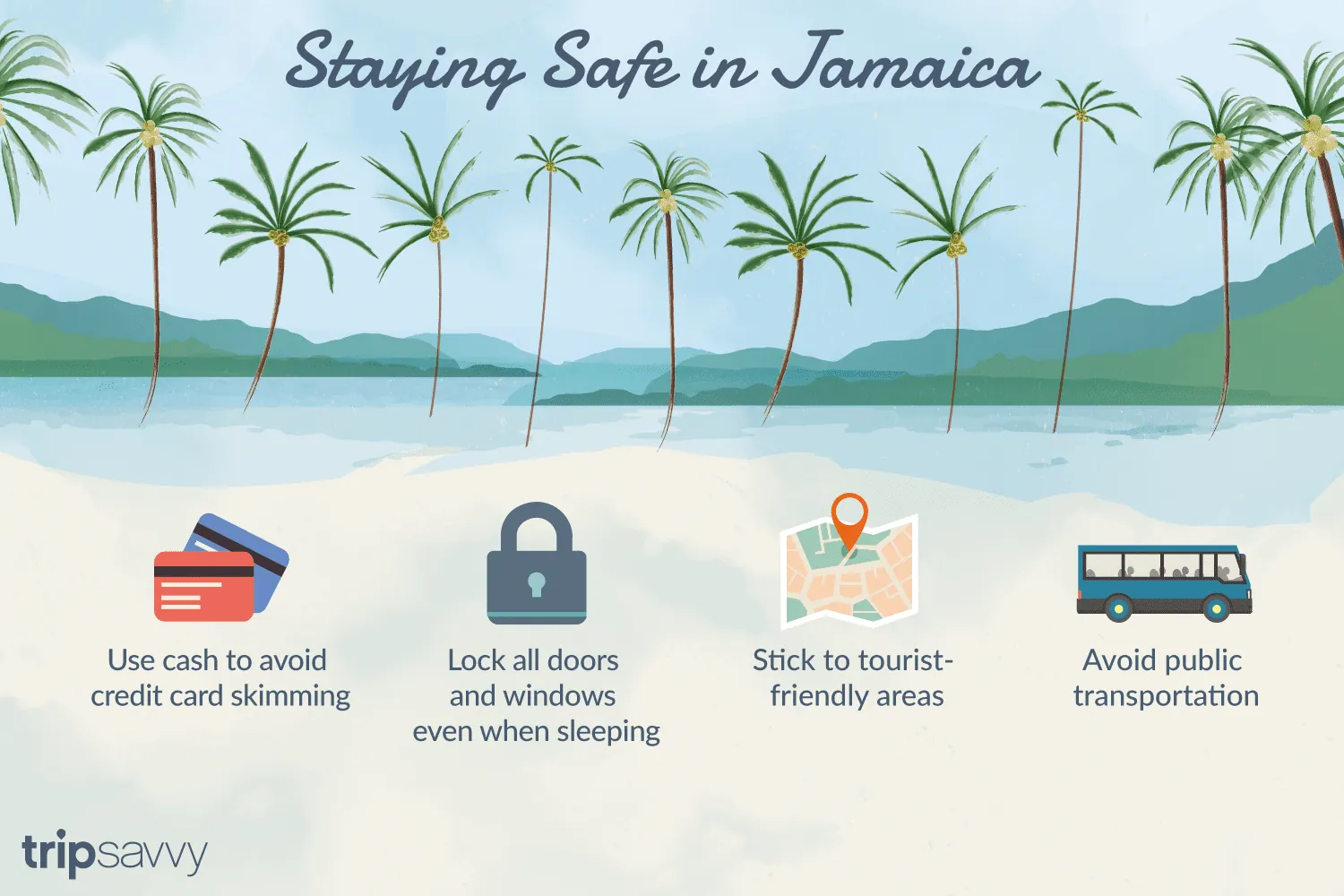
Tourist areas generally see lower violent crime rates than other parts of Jamaica. But, petty theft remains a concern. Secure valuables, keep them out of sight, and lock up accommodations for added safety.
Montego Bay
Montego Bay, known for its vibrant atmosphere and gorgeous beaches, has a higher crime rate, including violent and non-violent crimes. Flankers, a neighborhood near the airport, is notorious for gang violence and turf wars. Avoid walking alone, especially at night, and use chartered or registered taxis over public transportation for safer travel.
Negril
Negril offers stunning sunsets and relaxed beach experiences. This area is safer compared to other tourist spots, but caution is still necessary. Petty crimes like pickpocketing and bag snatching can occur in crowded places. Stay vigilant, avoid secluded areas at night, and secure your belongings.
Ocho Rios
Ocho Rios, popular for its waterfalls and rainforests, generally has a lower crime rate in tourist zones. But, petty theft and scams targeting tourists are common. Be cautious of unsolicited offers and stick to official tour operators. Store any valuables in hotel safes, and avoid displaying expensive items.
Kingston
As Jamaica’s capital, Kingston presents a mix of cultural vibrancy and high crime rates in certain areas. Neighborhoods like Cassava Piece, Tivoli Gardens, and Downtown Kingston are known for gang activity. It’s best to visit these places with reputable guides and avoid venturing out alone, especially at night.
Spanish Town
Spanish Town, rich in history, also struggles with violent crime and gang issues. It’s advisable to avoid this area if you’re unfamiliar with the locale. If visiting, travel in groups, stay in well-populated zones, and use trustworthy transportation options.
Rural Areas
Rural areas may seem peaceful but can pose risks due to isolation and lack of infrastructure. Stay updated on local advisories, avoid wandering into uncharted territories alone, and prefer guided tours to enhance your safety.
Travel Tips
- Use registered taxis and avoid public transportation at night.
- Secure valuables in hotel safes.
- Be cautious of overcharging by taxi drivers and street vendors.
- Use waterproof pouches for essentials if going to the beach.
- Limit the cash carried and keep electronic copies of important documents.
| Area | Safety Level | Type of Accommodation | Cost Range Per Night |
|---|---|---|---|
| Montego Bay | Moderate | Resorts, Hotels | $100 – $500 |
| Negril | Relatively Safe | Beach Cottages, Boutique Hotels | $80 – $400 |
| Ocho Rios | Moderate | All-Inclusive Resorts, Bed and Breakfast | $90 – $450 |
| Kingston | High Risk | Business Hotels, Guesthouses | $70 – $350 |
| Spanish Town | High Risk | Limited Options | $60 – $300 |
Focus on these aspects while planning your trip to ensure an enjoyable and safe Jamaican experience.
Safety Tips for Travelers
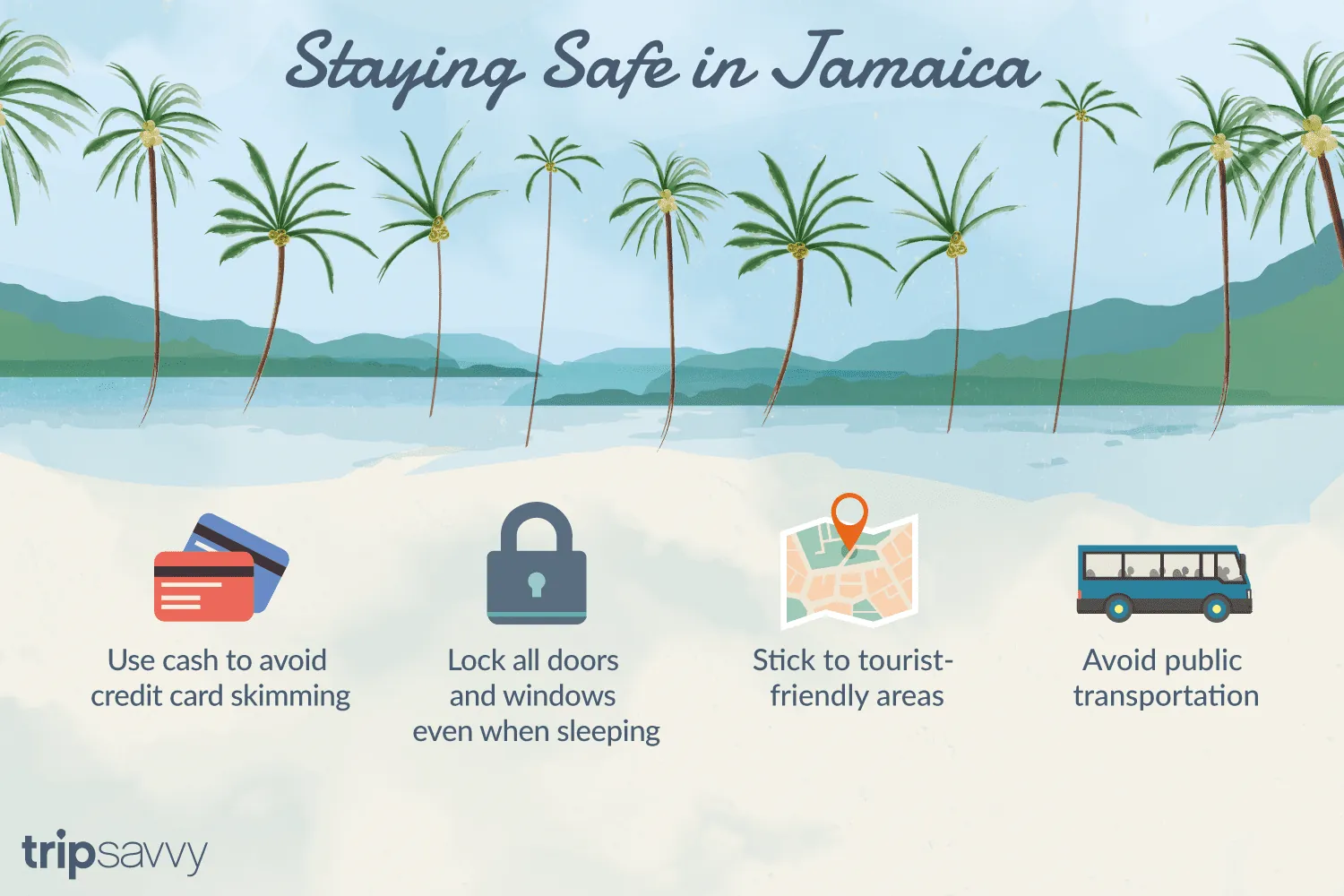
Ensuring safety while exploring Jamaica isn’t just about avoiding certain locations; it’s also about adopting smart practices. Following essential safety tips enables you to enjoy your journey with peace of mind.
Traveling After Dark
Staying safe after dark requires extra vigilance. Many areas become more dangerous at night due to increased criminal activity.
- Stick to well-lit, populated streets to increase safety. Jamaica’s lively streets can turn dim and empty after dark.
- Use reputable transportation options (such as licensed taxis) when traveling in the evening to ensure reliability and security.
- Avoid isolated areas and beaches; these places are often targeted by criminals after sunset.
- Travel in groups rather than alone. Larger groups are less likely to be targeted by petty thieves or muggers.
Using Licensed Transportation
Using licensed transportation is crucial for safe travel across Jamaica. Following these guidelines ensures that you travel securely:
- Choose registered taxis and avoid unmarked vehicles. Registered taxis often display a prominent red plate with white numbers.
- Use taxi services recommended by your hotel or reputable sources to ensure the vehicle’s legitimacy and the driver’s credentials.
- Verify identity: Before entering, ask drivers for identification and check their licenses visibly displayed inside the vehicle.
- Use official transportation hubs, particularly at airports and bus stations. These locations typically have more visible security measures.
- Opt for rideshare services (where available) with traceable booking records and secure payment options.
Adhering to these tips helps reduce the risks associated with traveling in unfamiliar territories and ensures a secure and enjoyable experience in Jamaica.
Considerations for LGBTQ+ Travelers
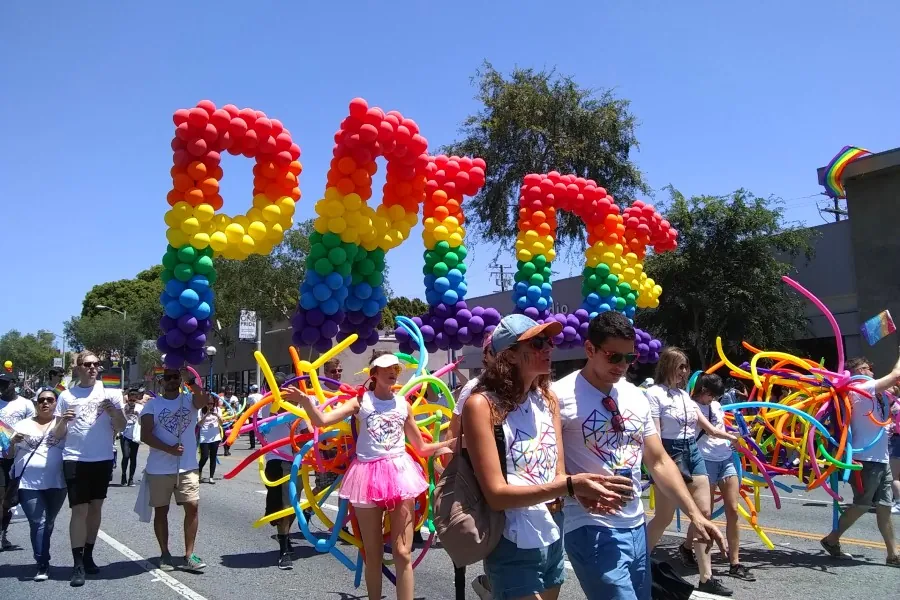
When planning a trip to Jamaica, it’s essential to consider additional safety aspects as an LGBTQ+ traveler. Jamaica has a reputation for being less welcoming to LGBTQ+ individuals due to its conservative cultural norms and existing legal restrictions.
Legal World
Jamaican law currently criminalizes same-sex sexual activity, which can lead to severe penalties, including imprisonment. Being openly LGBTQ+ may expose travelers to harassment or violence, particularly in more conservative or rural areas. Always exercise discretion about public displays of affection.
Safe Zones
Certain areas known for a more tolerant atmosphere can offer a safer experience. Negril, with its reputation as a laid-back beach town, is generally more accepting and welcoming. Montego Bay’s tourist-centric areas also provide relatively safer environments. Stick to popular tourist spots and avoid venturing into isolated regions.
Accommodations
Choose LGBTQ+ friendly accommodations to ensure a pleasant and respectful stay. Various international hotel chains in Jamaica are known for their inclusive policies. Verify the inclusiveness of accommodations beforehand by checking reviews or contacting the establishment directly.
Local Interaction
When interacting with locals, maintaining a low profile about your sexual orientation can contribute to your safety. Avoid discussing LGBTQ+ topics with strangers or in public settings, as it might attract unwanted attention.
Events and Community
Events catering to the LGBTQ+ community, though not widespread, do exist and tend to be discreet. These events are more likely to occur in Negril and Montego Bay. Stay informed through trusted sources and local LGBTQ+ networks to find safe gatherings.
- Stick to well-lit, populated areas.
- Avoid public displays of affection.
- Use registered, licensed transportation.
- Keep emergency contacts handy.
- Inform a trusted person of your travel plans.
By taking these precautions, LGBTQ+ travelers can ensure a safer and more enjoyable experience while exploring the beauty and culture of Jamaica.
Conclusion
By being aware of the areas to avoid and taking necessary precautions, you can ensure a safer and more enjoyable trip to Jamaica. Stick to well-populated, tourist-friendly zones and remain vigilant against petty crime and scams. Always use registered taxis and secure your valuables in hotel safes. For LGBTQ+ travelers, exercise discretion and choose tolerant areas and accommodations. With the right planning and awareness, you can fully enjoy the beauty and culture of Jamaica while staying safe.
Frequently Asked Questions
Is Jamaica safe for tourists?
Jamaica is generally safe for tourists who stay in well-populated, tourist-friendly areas and follow basic safety precautions. However, certain neighborhoods, especially in Kingston and some rural locations, should be avoided due to higher crime rates.
What are some safety tips for traveling in Jamaica?
Stay in well-populated, tourist-friendly zones, avoid traveling alone after dark, use licensed transportation options, secure your valuables, and remain vigilant in crowded areas to prevent pickpocketing.
Which areas in Jamaica should I avoid?
Avoid neighborhoods such as Cassava Piece, Tivoli Gardens, Downtown Kingston, and certain parts of Montego Bay like Flankers due to high crime rates and gang activity.
How can I protect my belongings from theft?
Keep your valuables in hotel safes, use waterproof pouches at the beach, avoid carrying large amounts of cash, and remain vigilant in crowded spots like markets and public transportation hubs.
Are there specific concerns for LGBTQ+ travelers in Jamaica?
LGBTQ+ travelers should exercise discretion with public displays of affection and opt for more tolerant areas like Negril and Montego Bay. It’s also recommended to choose LGBTQ+ friendly accommodations and avoid isolated regions.
What should I do if I encounter a scam in Jamaica?
Be cautious of unsolicited help or deals that seem too good to be true. If you suspect a scam, politely decline and walk away. Use registered taxis and verify driver identification to avoid overcharging.
Is it safe to travel to tourist areas in Jamaica?
While violent crime rates are generally lower in tourist areas, petty theft remains a concern. Stay vigilant, secure your belongings, and use registered taxis to ensure safety in popular destinations like Montego Bay, Negril, and Ocho Rios.
Can I explore rural areas in Jamaica safely?
Exploring rural areas is best done with reputable guides. Certain rural locations have higher crime rates, so it’s essential to research and possibly avoid some regions to ensure a secure experience.
What transportation options are safest in Jamaica?
Use licensed and registered transportation options, such as official taxis and reputable tour operators. Verify driver identification and use established transportation hubs to ensure secure travel.
When is the best time to visit Jamaica for good weather and lower prices?
September and October offer lower prices and still provide sunny weather, despite potential rain. Springtime is also favorable, with good weather and fewer tourists, making travel more affordable.

